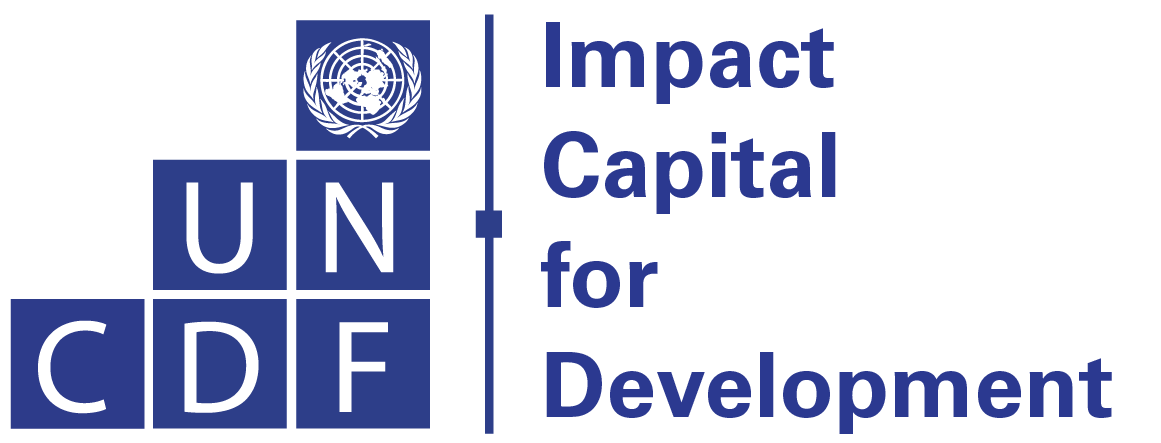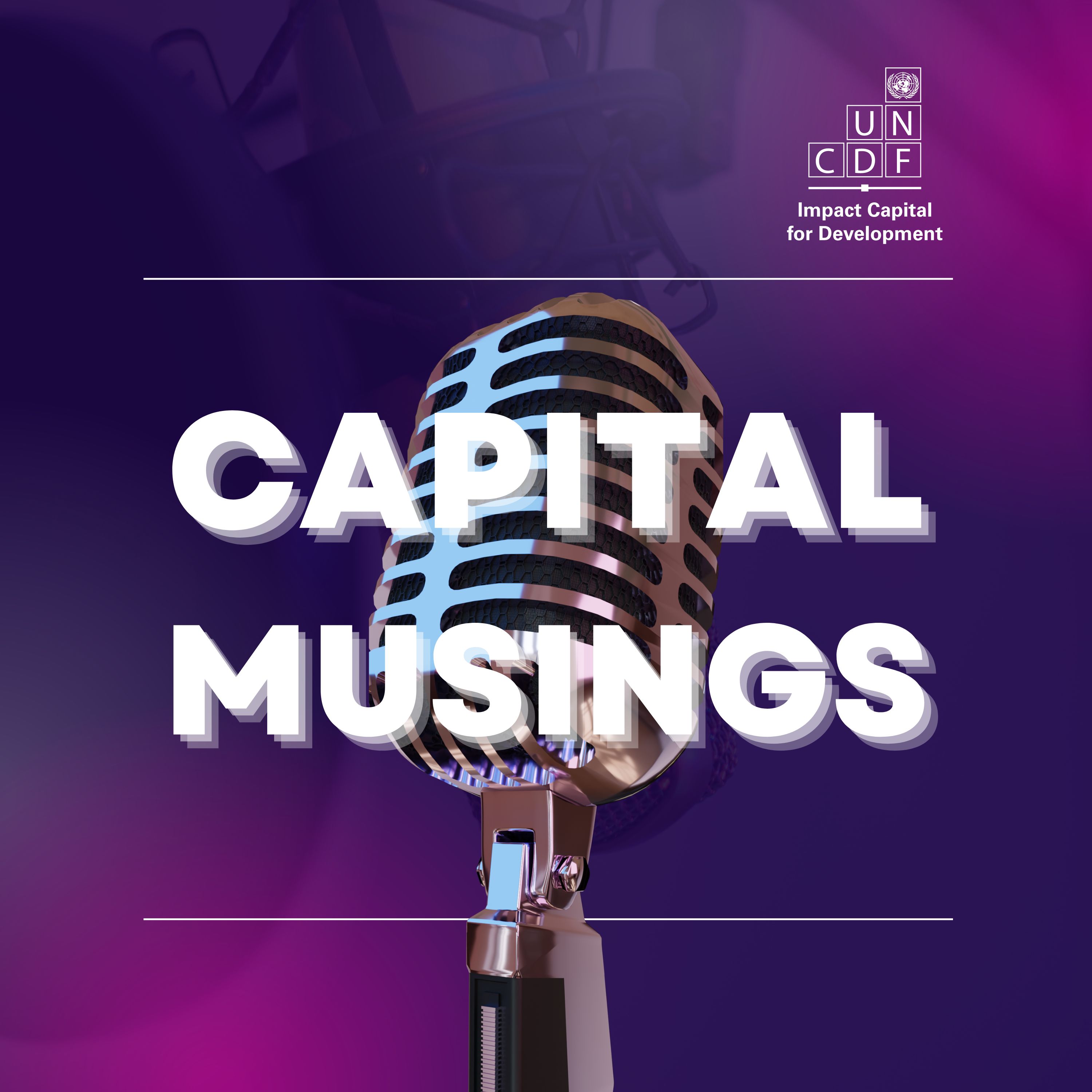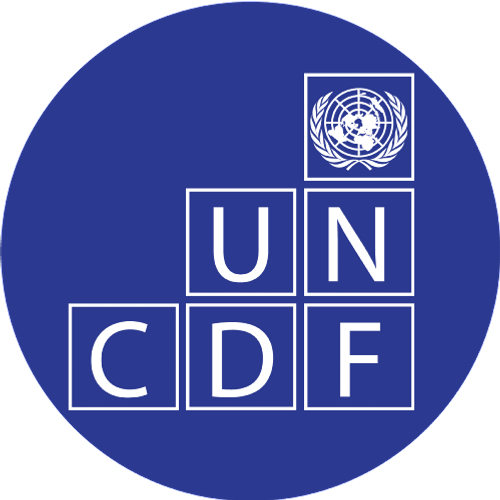Episode 7
#7 The Narrow Corridor: A conversation with Daron Acemoglu
Choosing between living under the authority of a leviathan and a life that would be “poor, nasty, brutish, and short” was the centerpiece of Thomas Hobbes’ social contract theory. But how much of a leviathan do we need to ensure that we can live both peacefully and freely? More to the point, how capable do we want a government to be? If every government runs the risk of either being so “capable,” that it can become despotic, or so incapable that it can be absent, then what is the right balance? And what kind of government do we need in order to achieve the Sustainable Development Goals at the local and national level?
Episode 7 of Capital Musings features our first external guest: Daron Acemoglu, Elizabeth and James Killian Professor of Economics at MIT, and the author of “The Narrow Corridor: States, Societies, and the Fate of Liberty.” He offers his answers to these questions as well as his thoughts on whether the SDGs represent the global economy breaking out of the “cage of norms” and towards a new model of economic growth.
Capital Musings is a production of the Partnerships, Policy and Communications unit of the United Nations Capital Development Fund and UN Web TV.
Producers: Fernando Zarauz, Carlos Macias


